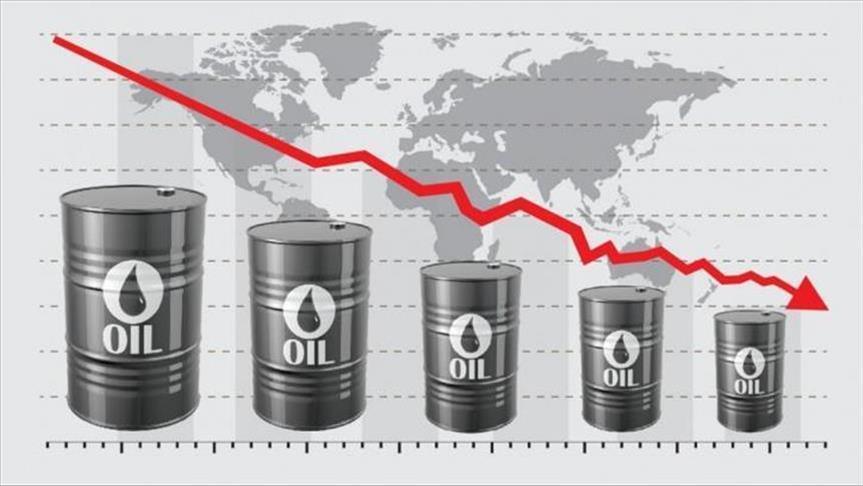Oil fell slightly in choppy trading on Monday as concerns that high inflation and energy costs could drag the global economy into recession offset China’s continuation of loose monetary policy.
Brent crude futures fell one cent, or 0.01 percent, to $91.62 per barrel, while West Texas Intermediate (WTI) crude fell 15 cents, or 0.2%, to $85.46 per barrel.
On Monday, China’s central bank rolled over maturing medium-term policy loans while keeping its key interest rate unchanged for the second month in a row, signalling that the country’s loose monetary policy would be maintained.
In addition, the world’s largest oil producer will significantly increase domestic energy supply capacity and tighten risk controls in key commodities such as coal, oil, gas, and electricity.
Analysts warn that China’s continued adherence to its zero-COVID policy has increased uncertainty about its economic growth.
Meanwhile, a strong US dollar and the possibility of further Federal Reserve interest rate increases are helping to keep price increases in check.
According to an International Monetary Fund official, inflation in the United States remains stubborn, and growth in European Union countries is expected to slow to 0.5%. (IMF).
Oil supply is likely to remain tight after OPEC and allies, including Russia, pledged on October 5 to cut output by 2 million barrels per day, while rising tensions between the Organization of Petroleum Exporting Countries, OPEC’s de facto leader Saudi Arabia, and the United States could presage further volatility.
Meanwhile, OPEC and its allies, known as OPEC+ output cuts, drew funds back into the oil markets for a second week in a row, with continued heavy buying of crude oil futures and options.
Oil output in the largest US shale oil basin is expected to rise by about 50,000 barrels per day to a record 5.453 million bpd in November, according to the US Energy Information Administration (EIA) on Monday.


